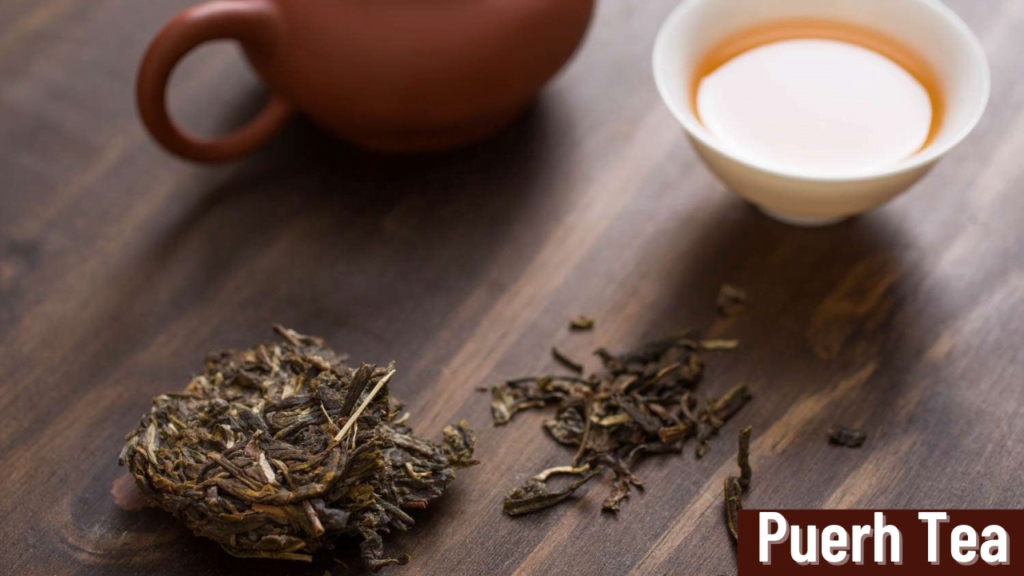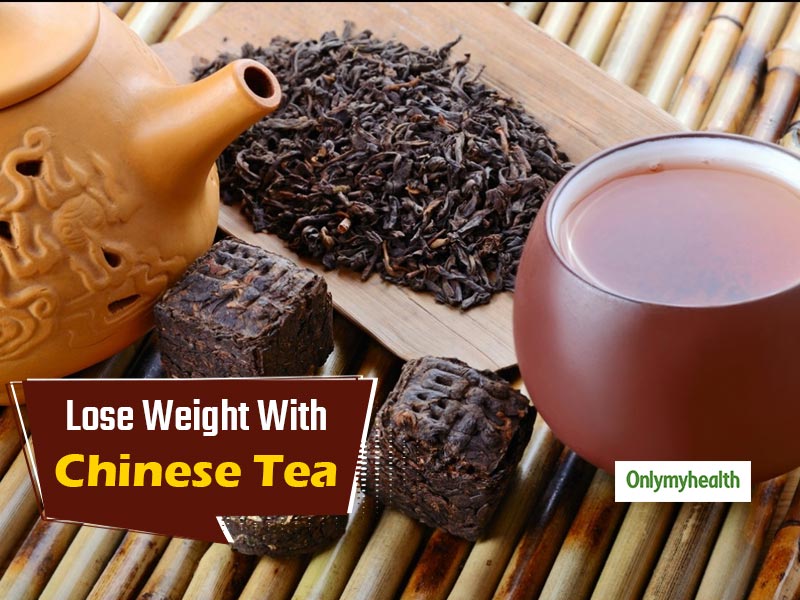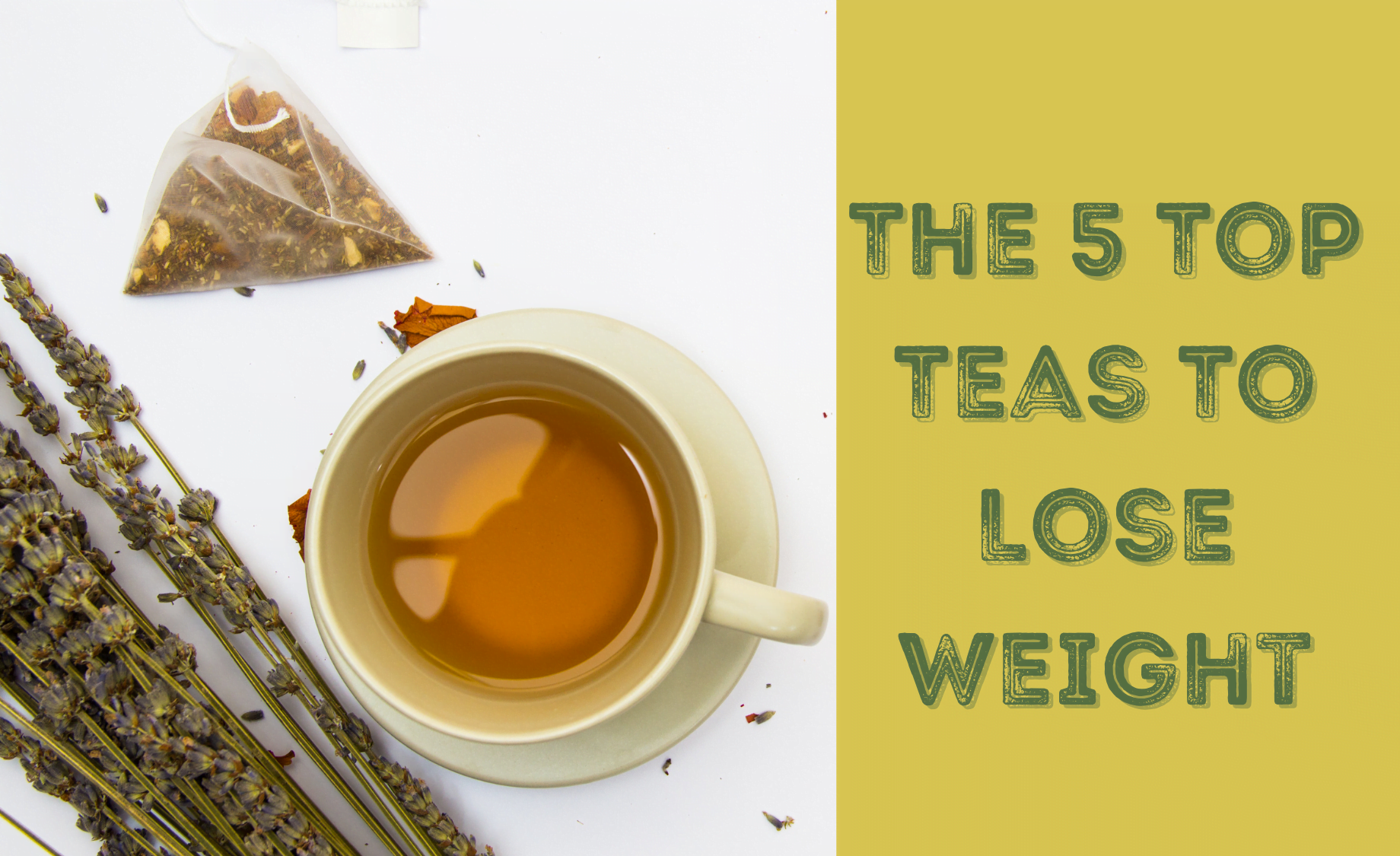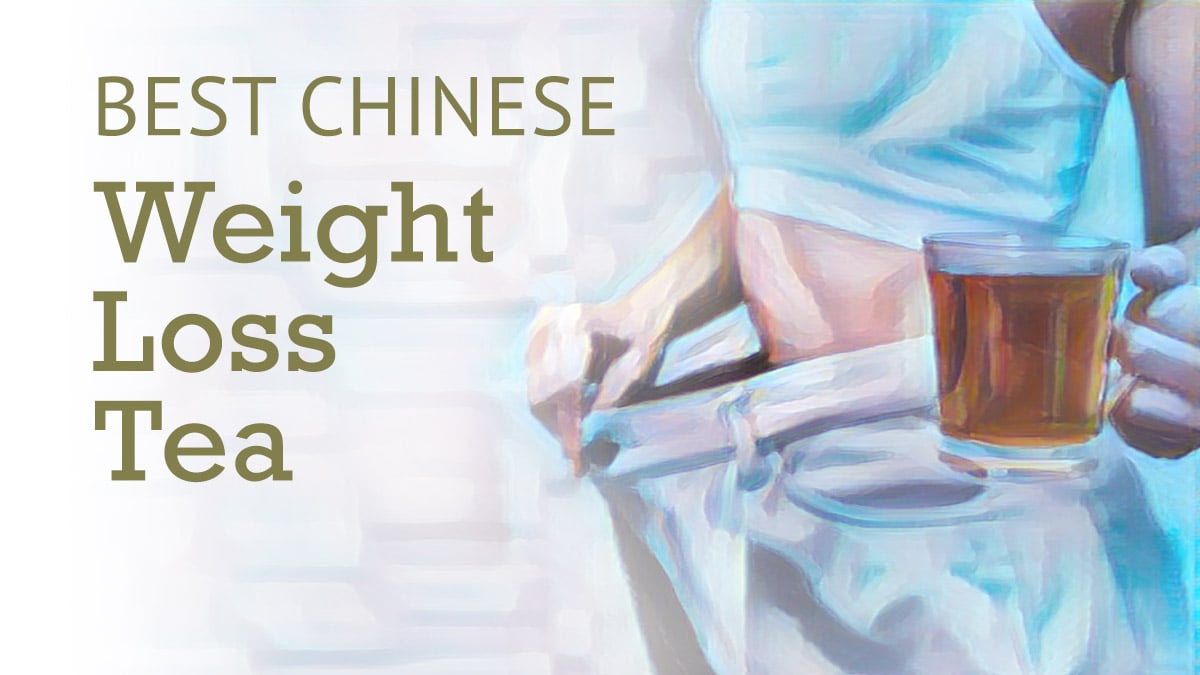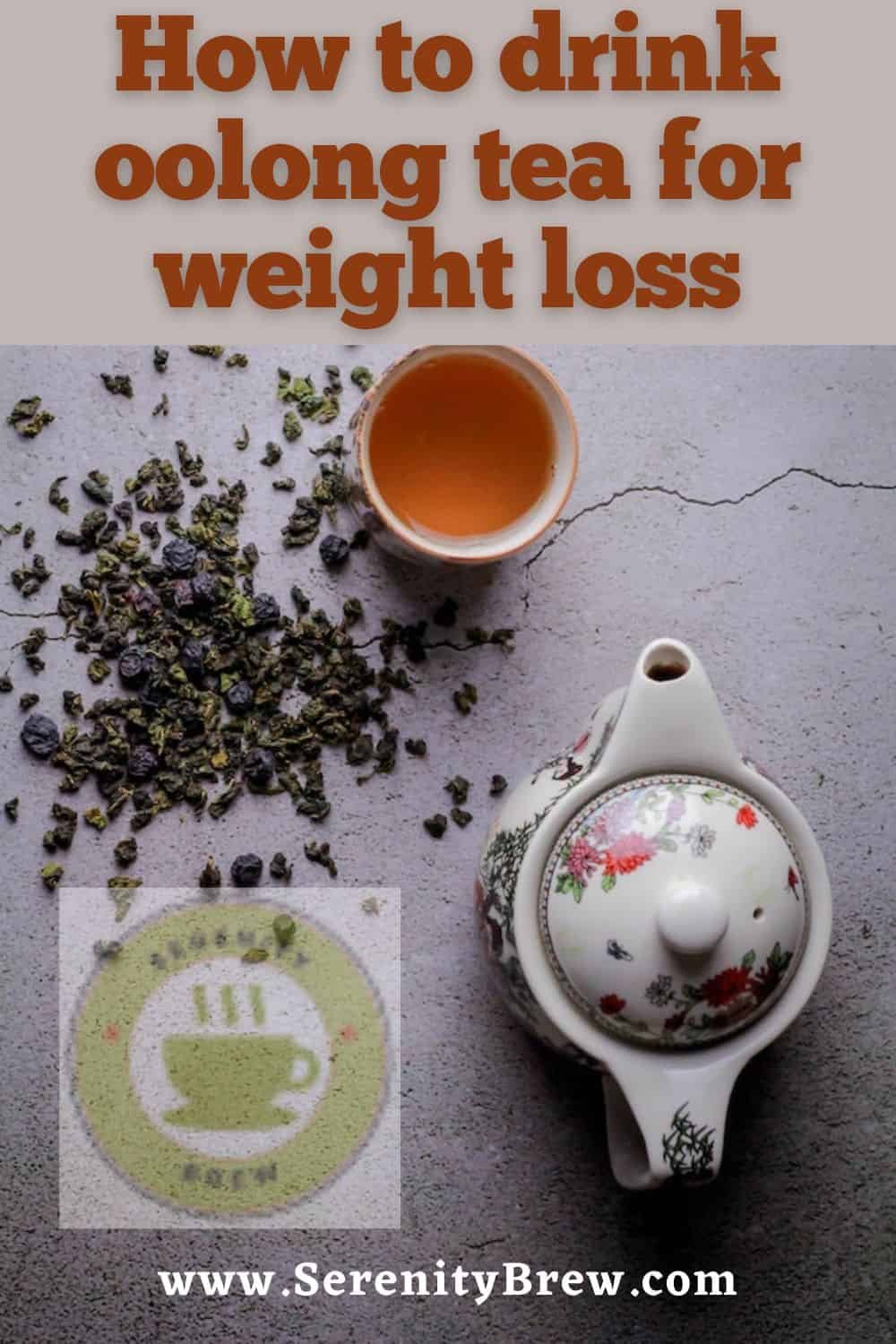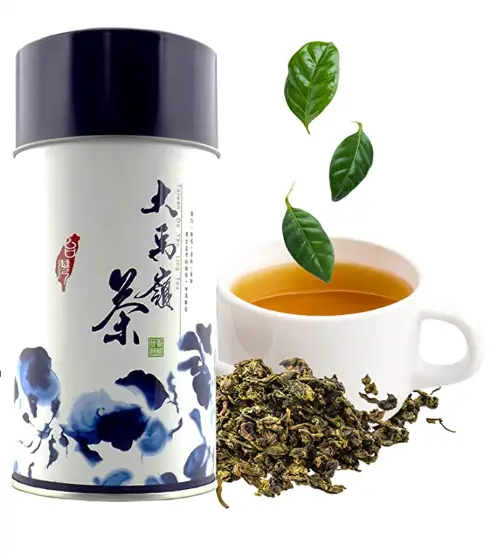Best Chinese Tea To Lose Weight
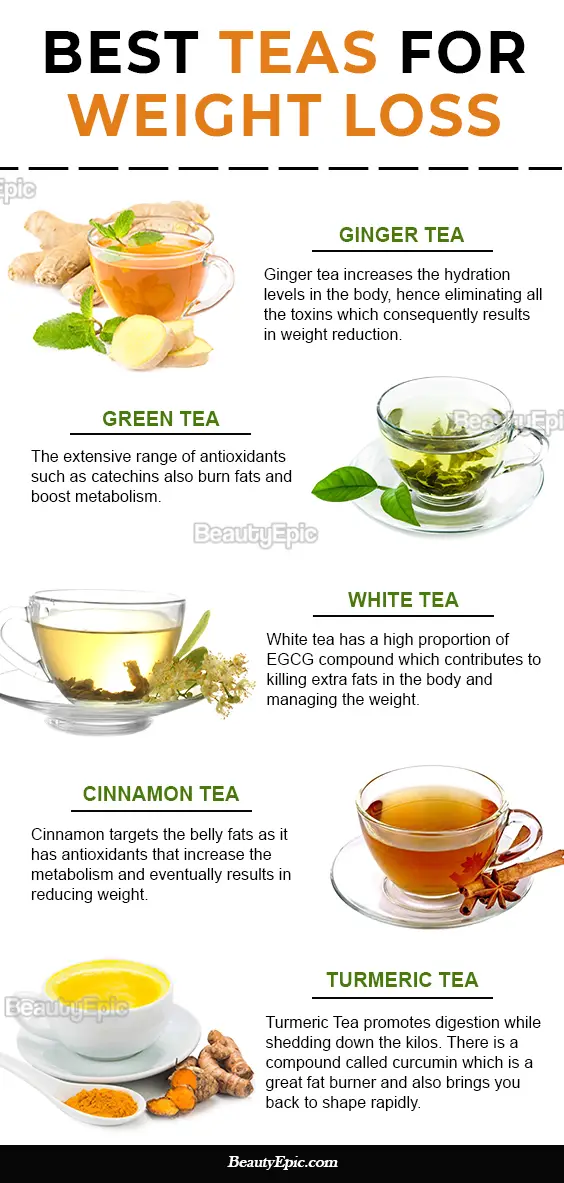
The quest for effective weight management solutions has driven countless individuals to explore diverse avenues, from rigorous exercise regimens to meticulously planned diets. Amidst this search, the ancient practice of tea consumption, particularly within Chinese traditions, has garnered significant attention. But can certain Chinese teas truly contribute to weight loss, or is it merely a propagated myth?
This article delves into the purported weight-loss benefits of various Chinese teas, examining the scientific evidence supporting these claims while acknowledging the complexities and nuances surrounding this topic. We'll explore the properties of teas like Pu-erh, Oolong, and green tea, dissecting the potential mechanisms through which they might influence weight management and overall health. Expert opinions and research findings will be presented to provide a balanced and informed perspective.
The Science Behind Tea and Weight Loss
Several components found in Chinese teas are thought to contribute to potential weight-loss effects. These include catechins, particularly epigallocatechin gallate (EGCG), caffeine, and theanine. These compounds have been studied for their potential roles in boosting metabolism, increasing fat oxidation, and suppressing appetite.
EGCG, a prominent catechin in green tea, has been the subject of extensive research. Studies suggest it may enhance thermogenesis, the process by which the body burns calories to produce heat. Some research also indicates that EGCG can inhibit the enzyme catechol-O-methyltransferase (COMT), which degrades norepinephrine, a neurotransmitter involved in regulating metabolism.
Caffeine, a well-known stimulant, can also contribute to increased energy expenditure. It may also promote lipolysis, the breakdown of fats for energy. However, the effects of caffeine can vary significantly among individuals, depending on factors such as tolerance and genetics.
Popular Chinese Teas and Their Potential Benefits
Pu-erh Tea
Pu-erh tea, a fermented tea from Yunnan Province, has been traditionally used in Chinese medicine for its digestive properties. Some studies suggest that Pu-erh tea may help lower cholesterol and triglyceride levels.
Animal studies have indicated that Pu-erh extract could reduce body weight and fat accumulation. The exact mechanisms behind these effects are still being investigated, but they may involve the tea's ability to influence lipid metabolism and gut microbiota composition.
Oolong Tea
Oolong tea, a semi-oxidized tea, boasts a rich flavor profile and potential health benefits. Research suggests that Oolong tea can increase energy expenditure and fat oxidation. A study published in the Chinese Journal of Integrative Medicine found that participants who consumed Oolong tea over a six-week period experienced a reduction in body fat.
The combination of caffeine and catechins in Oolong tea may synergistically contribute to its weight-loss potential. However, further research is needed to fully understand the long-term effects and optimal dosage.
Green Tea
Green tea is perhaps the most well-researched tea when it comes to weight management. Its high concentration of EGCG makes it a popular choice for those seeking to boost their metabolism.
Numerous studies have explored the effects of green tea extract on weight loss. A meta-analysis published in the American Journal of Clinical Nutrition concluded that green tea consumption was associated with a small but significant reduction in body weight and waist circumference.
Important Considerations and Limitations
While the research on Chinese teas and weight loss is promising, it's crucial to approach these findings with caution. Most studies have been conducted on a small scale or in animal models.
Furthermore, the effects of tea on weight loss are likely to be modest and variable. Tea should not be viewed as a magic bullet for weight loss but rather as a potential adjunct to a healthy diet and regular exercise.
It’s also important to note that excessive consumption of tea, particularly those high in caffeine, can lead to adverse effects such as anxiety, insomnia, and digestive issues. Individuals with pre-existing health conditions should consult with a healthcare professional before incorporating large amounts of tea into their diet.
The Broader Context of Weight Management
Weight management is a multifaceted process that involves a complex interplay of factors. These include genetics, lifestyle, diet, and physical activity.
Relying solely on tea consumption for weight loss is unlikely to yield sustainable results. A comprehensive approach that addresses these underlying factors is essential for long-term success. This means focusing on a balanced diet rich in fruits, vegetables, and whole grains, engaging in regular physical activity, and managing stress levels.
Looking Ahead
Future research should focus on conducting larger, more rigorous studies to further investigate the effects of specific Chinese teas on weight management. Identifying the optimal dosage, duration, and individual responses to tea consumption is crucial for providing evidence-based recommendations.
Additionally, exploring the potential synergistic effects of tea consumption with other lifestyle interventions, such as exercise and dietary modifications, could provide valuable insights. As our understanding of the gut microbiome evolves, investigating the role of tea in modulating gut health and its subsequent impact on weight management warrants further investigation.
In conclusion, while some Chinese teas may offer modest benefits for weight management, they should be viewed as part of a holistic approach to health and wellness. A balanced diet, regular exercise, and informed decision-making remain the cornerstones of sustainable weight loss. Consulting with a healthcare professional or registered dietitian is always recommended before making significant changes to one's diet or lifestyle.


